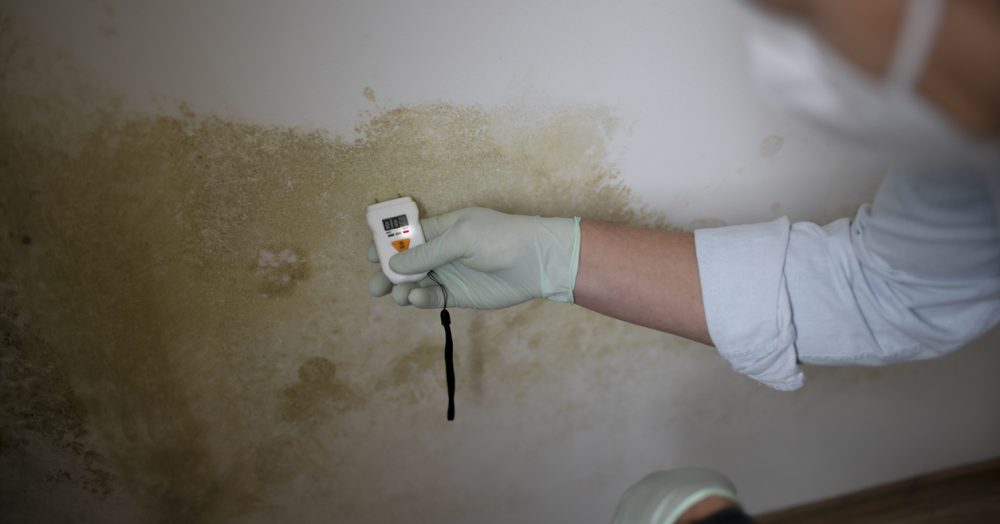
Navigating Awaab's Law: A Positive Step for Landlords, Agents, and Tenants
The tragic case of Awaab Ishak brought to light critical issues within social housing, leading to the introduction of Awaab's Law. While initially focused on social landlords, its principles are expected to influence the broader private rented sector, emphasising the importance of swift action on hazards like damp and mould. For private landlords, this isn't just about compliance; it's about fostering safer, healthier living environments and protecting your investment.
What is Awaab's Law?
Awaab's Law, part of the Social Housing (Regulation) Act 2023, introduces strict new requirements for social landlords to address hazards in their properties. Key provisions include:
- Time Limits: Setting clear deadlines for landlords to investigate and fix reported hazards.
- Transparency: Requiring landlords to publish information on how they are meeting their obligations.
- Tenant Rights: Empowering tenants with clearer routes to seek redress if issues are not resolved.
While these regulations currently apply to social housing, the underlying message is clear: all landlords have a responsibility to provide safe and decent homes. Proactive private landlords will recognise that adopting these standards voluntarily is a smart move, not just for ethical reasons but also for business.
The Positive Impact for Landlords
Embracing the spirit of Awaab's Law offers several benefits for private landlords:
- Enhanced Property Value: Well-maintained properties with proactive hazard management are more attractive to prospective tenants and can command better rental yields.
- Reduced Vacancy Rates: Happy tenants are more likely to stay longer, reducing the costs and hassle associated with tenant turnover.
- Fewer Disputes: Addressing issues promptly minimises the risk of tenant complaints, legal challenges, and costly tribunal hearings.
- Improved Reputation: Being known as a responsible landlord who prioritises tenant welfare can be a significant competitive advantage.
- Proactive Risk Management: Regular inspections and swift repairs prevent minor issues from escalating into major, expensive problems.
The Vital Role of Your Estate Agent
Navigating new legislation and maintaining properties to high standards can be time-consuming. This is where a proactive and experienced estate agent becomes an invaluable asset. A good agent can act quickly and decisively on your behalf, ensuring you meet your responsibilities and protect your investment.
How a Good Agent Helps:
- Expert Knowledge: Staying abreast of evolving housing legislation, including the implications of Awaab's Law for the private sector.
- Proactive Maintenance Schedules: Implementing regular property inspections to identify and address potential hazards before they become serious.
- Efficient Communication: Acting as the primary point of contact for tenants, ensuring concerns are reported and addressed swiftly.
- Trusted Contractor Network: Having access to reliable, qualified tradespeople for prompt and effective repairs, particularly for issues like damp and mould.
- Documentation and Compliance: Maintaining thorough records of communications, inspections, and repairs, providing a robust audit trail.
- Risk Mitigation: Advising on best practices to minimise risks associated with property hazards and tenant welfare.
By partnering with a dedicated estate agent, landlords can transform the challenges of Awaab's Law into opportunities for positive change. It allows you to demonstrate your commitment to providing high-quality homes, fostering stronger landlord-tenant relationships, and ultimately, securing the long-term success of your property portfolio.
Don't wait for legislation to mandate what is simply good practice. Be proactive, protect your tenants, and safeguard your investment. Contact us today to discuss how we can help you navigate your responsibilities and enhance your property management strategy.